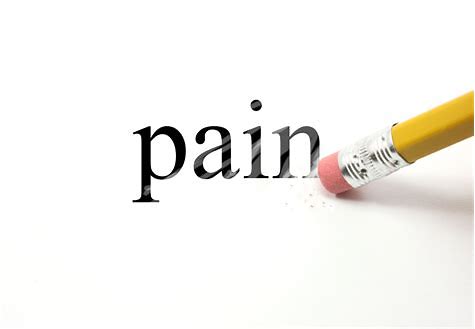To many Americans, acupuncture stills sounds like some exotic oriental treatment. In reality, it has become increasingly accepted in mainstream medicine as a complimentary treatment for chronic pain disorders like fibromyalgia, osteoarthritis, rheumatoid arthritis, and sciatica pain. Health care providers have even used acupuncture to help cancer patients cope with chemotherapy symptoms like pain, nausea, vomiting, and fatigue.
How Acupuncture Helps Treat Chronic Pain
Typically, acupuncturists will study your medical records and conduct their own diagnostic assessment to determine the best course of action. This is important as the main goal of acupuncture is to not just relieve symptoms, but to also address the root cause of the problem. Once this is done, treatment involves the insertion of hair-thin needles at specific locations on your skin. This may sound painful and scary, but it is actually a painless procedure when administered by a skilled acupuncturist. The precise insertion points are charted to correct the flow of qi, a natural energy in the body. While qi is an ancient Chinese concept, modern researchers offer more scientific theories of how acupuncture relieves chronic pain.
Needle insertions in acupuncture are believed to stimulate certain nerves, sending signals to the brain. This triggers the release of beta-endorphins, which are chemicals or neurotransmitters that work like natural opioids increasing pain tolerance. Some researchers theorize that acupuncture also promotes cellular changes in connective tissue that help reduce pain itself. A study that appeared in PLOS ONE suggests that stimulation of the vagus nerve (extending from the brain to the colon) may also explain acupuncture’s pain-relieving effects. Acupuncture stimulation of the nerve was found to lower inflammatory cytokine production. This reduction in inflammation is critical, as inflammation is closely linked to chronic pain disorders, from fibromyalgia and osteoarthritis to inflammatory bowel syndrome.
The Evidence for Acupuncture as Chronic Pain Treatment
While our understanding of acupuncture’s method of action has improved, there is a need for more research to measure its efficacy as a chronic pain treatment. Studies so far, however, have been encouraging. Vermont was one of the earliest states to begin exploring the role of acupuncture in chronic pain management. Their pilot study, which looked at a small group of the state’s Medicaid population, found that 32% of opioid users were able to reduce opioid use after beginning acupuncture therapy. Similarly, a review of seven studies that investigated the efficacy of acupuncture to treat headache pain was encouraging.
The potential of acupuncture to relieve chronic pain is also recognized by the U.S. Department of Veterans Affairs, which has employed ‘battlefield acupuncture’. While results can vary depending on the severity of pain, the patient, and acupuncturist, the protocol as a whole is regarded as helpful for chronic musculoskeletal and back pain and headaches.
Before You Seek Treatment
Based on the findings highlighted above, many states like Oregon, Ohio, and Rhode Island have already begun expanding Medicaid coverage for acupuncture, at least on an experimental basis. These steps have also been taken as a means to cope with the ongoing opioid crisis. Coverage for acupuncture is also becoming increasingly common in California’s health insurance plans as we have shifted focus towards preventive care and complimentary therapies.
Don’t assume that your treatment will be covered by insurance though – check with your insurance provider before beginning treatment. Although acupuncture is, for all practical purposes, part of mainstream licensed medical care, you will most likely find it grouped with other ‘alternative’ therapies. Acupuncture benefits are also included under each of the ACA plans – Bronze, Silver, Gold, and Platinum. Keep in mind that although your health insurance may offer acupuncture benefits there would probably be caps on the number of sessions that are covered.
Aside from insurance coverage, which is everyone’s biggest concern, there are a few other things to consider. Acupuncture can produce significant improvements in chronic pain disorders, but it isn’t a quick fix. In most cases, you will need weekly therapy, to begin with, and the frequency of sessions will be reduced as your condition improves. Look for a qualified and trusted acupuncturist in your area with a doctorate in Traditional Chinese Medicine (TCM) and Acupuncture, preferably with expertise in chronic pain disorders.





